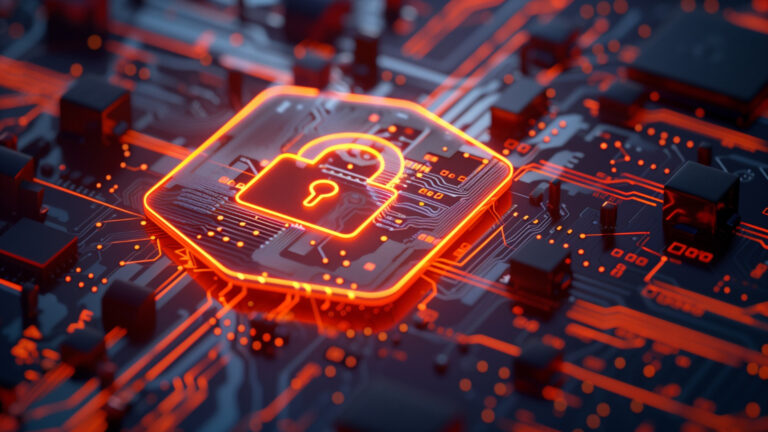Blockchain technology has emerged as a revolutionary force in a variety of industries, including finance, supply chain, and online gaming. Its decentralized framework enhances transparency and security, making it an attractive option for companies looking to innovate payment systems. Many of the best upcoming crypto projects also focus on security for users and investors. For example, Alan Draper says Pepe Unchained is a new layer 2 blockchain focused on memes and designed for speed, security, and low fees.
However, integrating cryptocurrencies also requires robust cybersecurity measures across all industries. The goal is to protect you and your company from potential threats.
Common threats in blockchain systems
Several common threats plague blockchain networks. This includes phishing attacks, where hackers trick users into divulging sensitive information. In 51% of attacks, a single entity controls the majority of a network’s computing power. This allows for double payments and transaction cancellation. Vulnerabilities in smart contracts, where hackers exploit coding flaws, are also causing significant losses in various DeFi projects.
These security challenges highlight the importance of implementing rigorous cybersecurity measures. Regular audits, multi-factor authentication, and secure key management are just some of the ways you can reduce these risks. As blockchain technology continues to integrate with more industries, strengthening cybersecurity frameworks will become essential.
The role of advanced cryptography in blockchain security
One of the security pillars of blockchain is encryption. Advanced encryption ensures the privacy of your transactions and keeps your data safe. Blockchain networks rely on cryptographic techniques such as hashing and digital signatures, making it nearly impossible for unauthorized parties to modify data. However, due to the rapid pace of technological evolution, encryption methods must be continually updated to stay ahead of advanced cyber-attacks.
For companies that handle sensitive financial transactions, encryption is essential to protect user data. Sites that process transactions must use strong encryption to protect their payment gateways. This ensures that cryptocurrency transactions are processed securely and without interference from malicious actors.
The importance of regular security audits and compliance
In addition to encryption, regular security audits play an important role in maintaining the integrity of the blockchain. These audits help identify vulnerabilities before an attack. Companies operating on blockchain, whether they provide financial services or supply chain management, must invest in continuous monitoring and updating of their security protocols.
Additionally, compliance with global security standards is also important. Platforms that process cryptocurrency transactions must comply with regulatory requirements to maintain user trust. For example, cryptocurrencies are “borderless” and anyone can use them for international transactions, but not all countries regulate cryptocurrencies. Some prohibit it, so care must be taken to stay within the correct bounds of the law.
Increase user awareness
User education is another important aspect of blockchain cybersecurity. Even the most secure systems can be compromised if users fall prey to phishing scams or fail to follow security best practices. By providing clear guidance on protecting private keys, recognizing phishing attacks, and using secure devices, you can significantly reduce the risk of security breaches.
As blockchain becomes more popular, educating users about the importance of cybersecurity will help build a more resilient ecosystem. Whether it’s financial transactions, data management, or online gaming, user awareness is the key to a secure blockchain environment.


